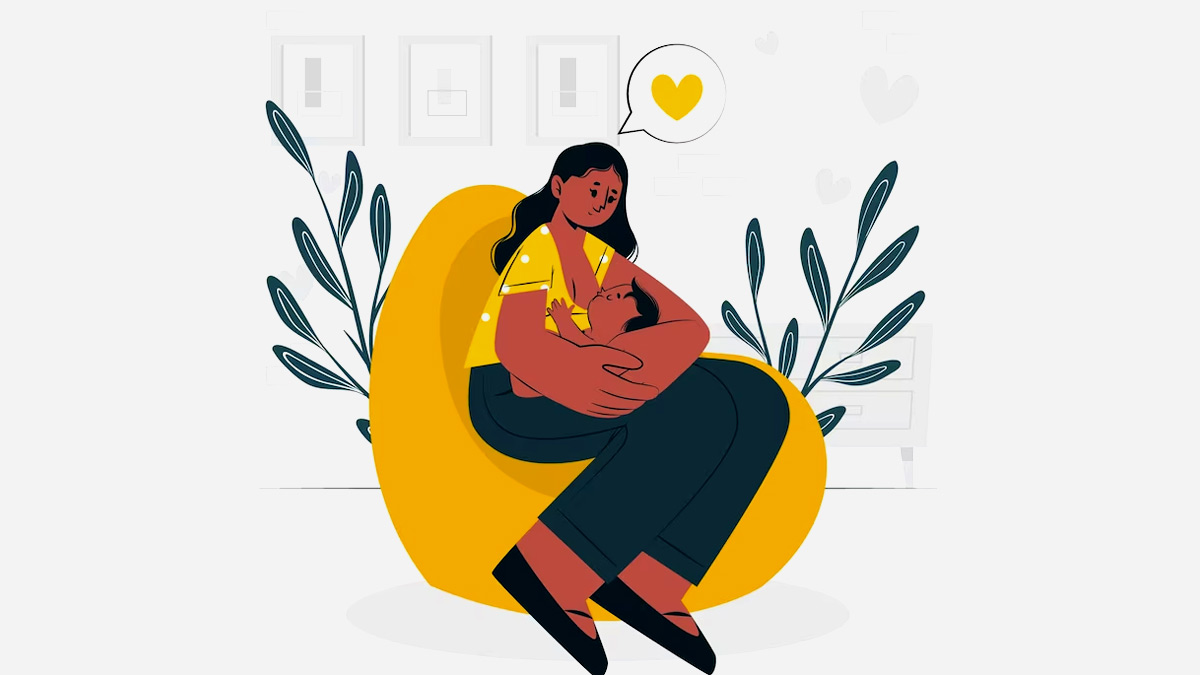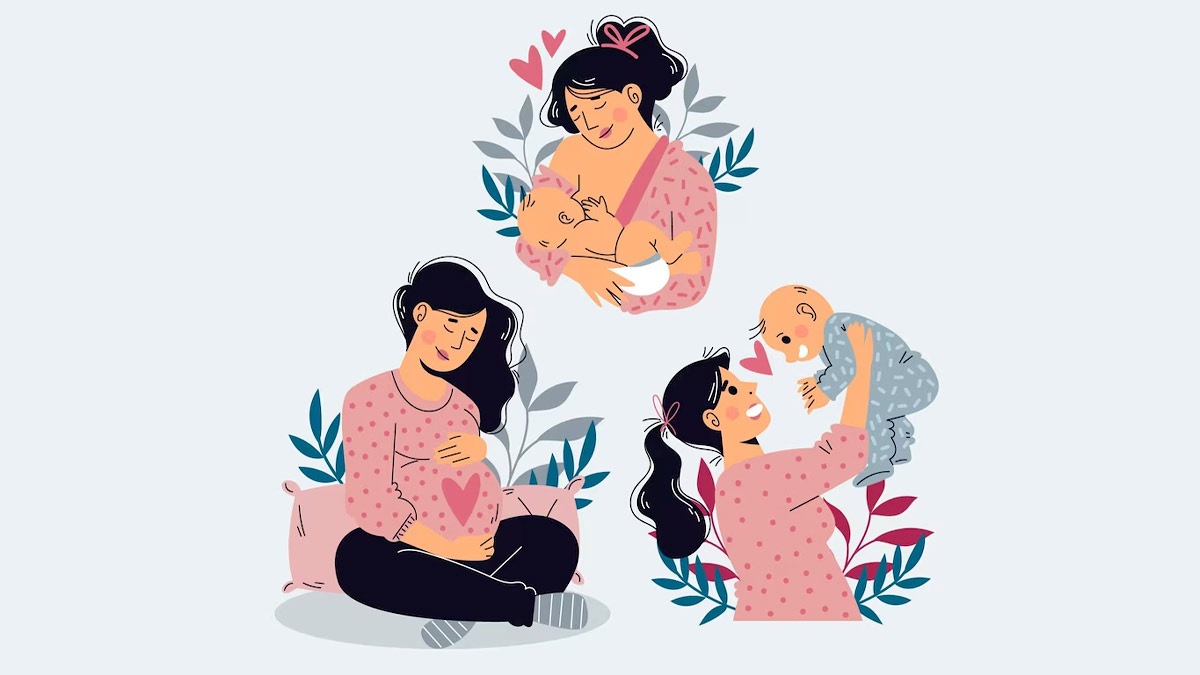

Having a baby is a unique experience. For some, it is the most rewarding, while for others, it can be full of challenges. New parents often have several questions – Am I doing this correctly? Have I breastfed my child enough? Is my baby sleeping okay? Most of the time, these questions come from a space of unawareness, doubt, and insecurities. Unaddressed, these feelings can turn bitter and contribute to mental health struggles.
Nguvu Change Leader Amrita Saraf struggled with Postpartum Depression (PPD) and did not recognise the signs for up to two years. She calls herself a statistic, as one in every five women in India suffer from PPD, and she was one of them. Now, in a bid to spread PPD awareness and to make counselling and therapies more accessible to expecting mothers, she along with the Nguvu Collective has started a petition demanding PPD awareness workshops be conducted at hospitals.
“The idea was born through my own journey and my own struggle with postpartum depression. I knew what I wanted to do in terms of maternal mental health, but I did not have a direction for it then. I just wanted to bring awareness on a more larger level and that’s when Nguvu Collective happened and I got the direction to start this petition through my fellowship with them,” she tells OnlyMyHealth.
What I Was Not Prepared For

“All my life, I have been lied to about what motherhood and parenting is. You see these commercials where the baby is smiling, the mother has her hair well done and is laughing and smiling at her child; it is very much possible for you to not connect with them. On the contrary, you may feel lost and may question yourself and think ‘what is happening to me’,” says Amrita, adding, “Nobody tells you that when your child is born, you are reborn. I did not have an instruction manual and did not know what I was doing. So, it is definitely not rainbows and unicorns,” she shares.
Further highlighting the impact of guilt on mothers, she shares, “The minute you start to want something more for yourself, not as a mother, but as a person, you start feeling bad about it, which in turn adds and contributes to the challenges.”
Amrita gave birth to her daughter in 2019, but it was only after two long years that she realised she had postpartum depression. She remembers facing difficulty in bonding with her baby, feeling angry, crying. The COVID-19 pandemic added to her woes, depriving her of the family support and care, which “plunged” her further into darkness.
It was when her daughter was 18 months old that she really hit rock bottom. “It had been a really long time since I felt happy and joyful. Then I started reaching out, I started to understand what was happening. I started to read a lot about the signs and reached out to a therapist. That’s when I got diagnosed with PPD and realised that everything I was feeling was valid and it’s not me alone and that a lot of other mothers go through it,” she recalls.
According to her, no one really prepares anyone for such emotions. Throughout her pregnancy, she says, “I had the knowledge of how to take care of an infant, attended infant massage and Lamaze workshops, but no discussion on mother’s depression.”
Postpartum Depression Prevalence

Dr Gauthami Nagabhirava, Senior Consultant Neuropsychiatrist, Kamineni Hospitals, LB Nagar, Hyderabad, says, “Postpartum depression (PPD) is a serious mental health condition that affects some women shortly after childbirth.”
According to her, it involves persistent feelings of sadness, hopelessness, and loss of interest in previously enjoyable activities. Symptoms may include fatigue, changes in appetite, sleep disturbances, feelings of worthlessness, and difficulty bonding with the baby, the doctor shares, saying that in severe cases, there may be thoughts of harming oneself or the baby.
Worldwide, about 10% of pregnant women and 13% of women who have just given birth experience a mental disorder, primarily depression, says the World Health Organization (WHO), adding that in developing countries this is even higher, meaning 15.6% during pregnancy and 19.8% after child birth.
A review published in the Bulletin World Health Organization found a high prevalence of postpartum depression in Indian mothers, with an overall pooled estimate 22%.
“PPD can significantly impact parent-child relationship, with affected mothers struggling to bond and emotionally connect with their babies, potentially affecting the child’s development,” notes Dr Nagabhirava, adding, “PPD can affect a mother’s breastfeeding and nursing abilities due to stress and hormonal imbalances, leading to decreased milk supply and difficulty maintaining consistent nursing routines.”
Stop The Stigma!

Effective postpartum depression treatments include Cognitive Behavioural Therapy (CBT) for negative thoughts, interpersonal therapy (IPT) for relationships, support groups, and, if necessary, antidepressants prescribed by a psychiatrist. Timely diagnosis and personalised care are vital for the well-being of the mother and child, says Dr Nagabhirava.
For Amrita too, therapies, and medications played a vital role in managing her condition and with each session, she felt better. It has been two years since and not only is she in a better space and shape, but she is also on a path to making a positive change in the world.
Sharing her vision, Amrita wishes that there is more discussion and dialogues around maternal mental health. “We need to stop the stigma,” she says, hoping that motherhood is not glorified but accepted as it is – difficult. Her petition is a step towards that vision and she looks forward to making it a larger national cause.
اكتشاف المزيد من ينبوع المعرفة
اشترك للحصول على أحدث التدوينات المرسلة إلى بريدك الإلكتروني.
